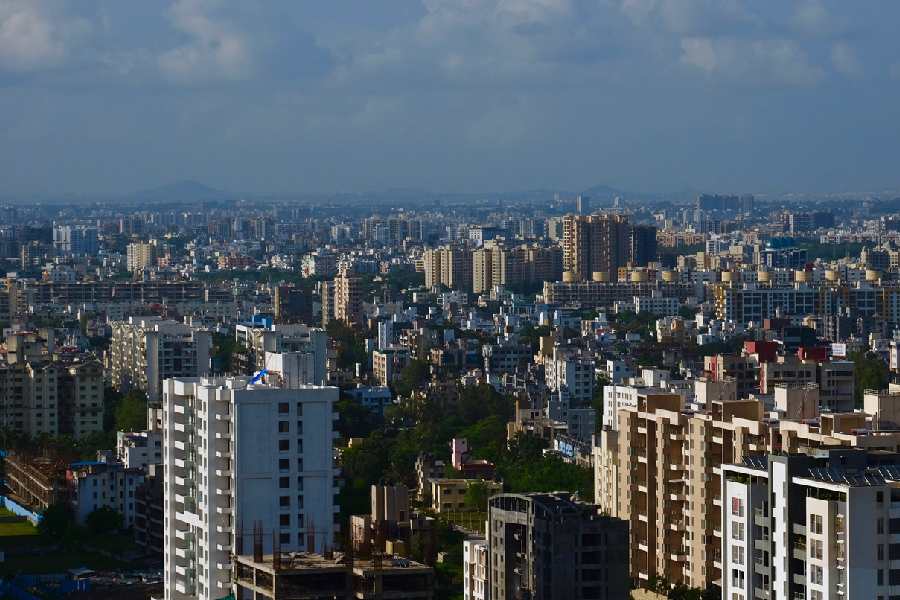A decade and 1,50,000 crore rupees have been spent on making 100 cities in India ‘smart’. But an assessment of the Smart Cities Mission, which ended on March 31, throws up some disappointing data. The project originally envisioned building 100 new cities but was then forced to scale its ambition down to upgrading 100 existing cities owing to cost imperatives. Even then it lacked originality. The revised SCM borrowed heavily from the United Progressive Alliance’s Jawaharlal Nehru National Renewal Mission and had overlaps with schemes like the Atal Mission for Rejuvenation and Urban Transformation, the Pradhan Mantri Awas Yojana and the National Urban Learning Platform. Of the 100 cities selected by the SCM, only 16 have managed to complete all the projects that were planned — this despite three extensions from the original deadline of 2020 — while 84 cities have work worth over Rs 14,000 crore still pending. It must be asked, though, whether the cities where all the work has been completed have turned out to be any smarter. Take Surat, for example, which has repeatedly been adjudged the smartest of cities by government surveys. Last year, heavy rains not only caused large stretches of the city’s roads to be submerged in water owing to poor drainage but also severely damaged arterial roads with one stretch caving in almost 20 feet. Ironically, the upgradation of drainage and roadworks was an integral aspect of the SCM. In Pune, another city where all the projects have been completed, only an estimated 0.8% of the urban population will benefit from the changes that have been wrought.
Other potholes — gaps — remained unaddressed. The SCM lacked an understanding of important issues such as sustainability and resilience building. This was evident during the Covid-19 pandemic when the infrastructure of smart cities like Varanasi fell woefully short when it came to addressing the multifaceted crisis. Instead of a cosmetic polish, what India’s cities need is sustainable development wherein infrastructure and service facilities are modernised, pollution is controlled, ecological concerns are addressed, and resources are used efficiently. Decentralisation, the empowerment of urban local bodies with financial support and autonomy — the SCM did just the opposite — and the involvement of citizens can perhaps facilitate urban renewal in India.









